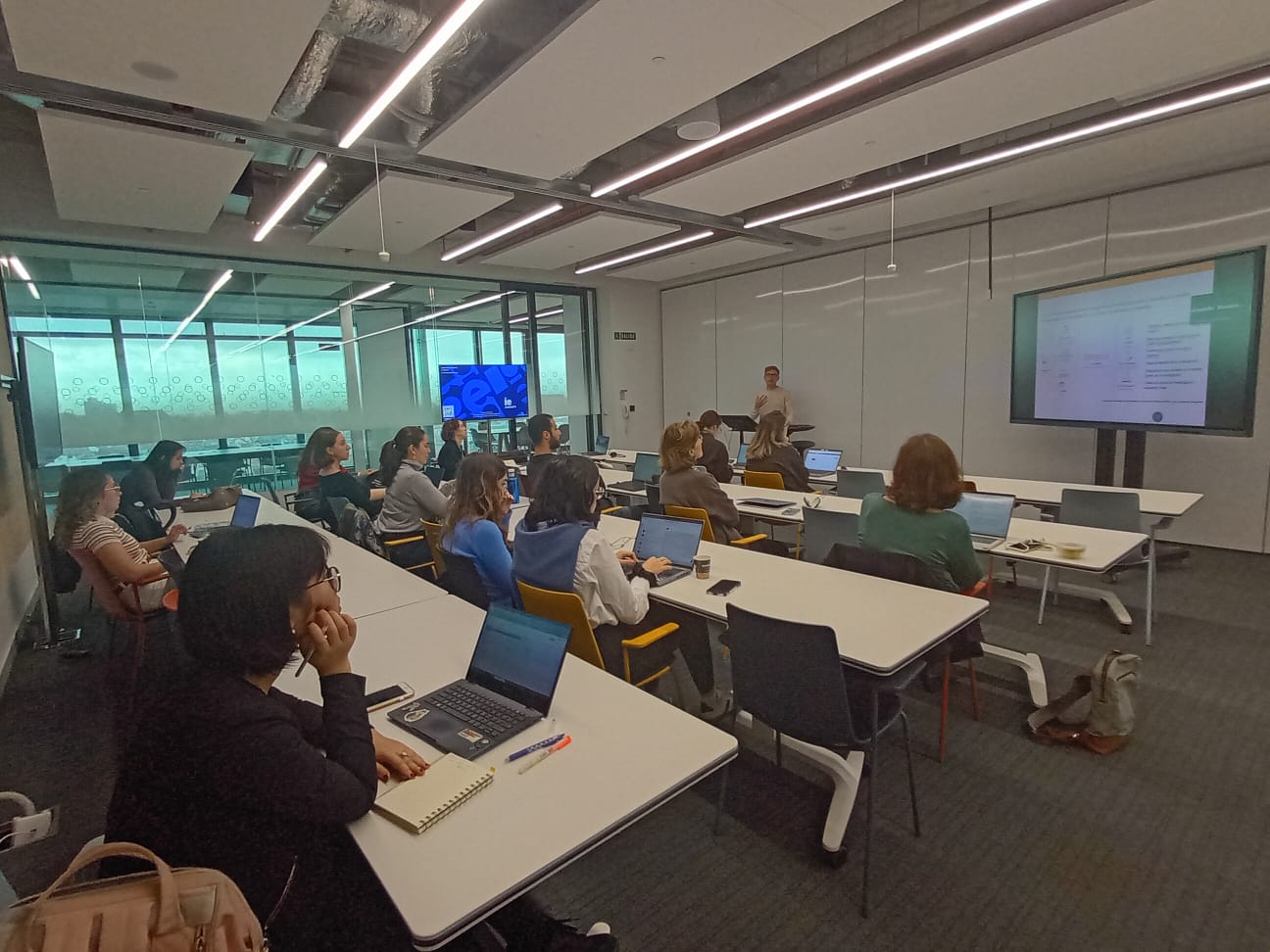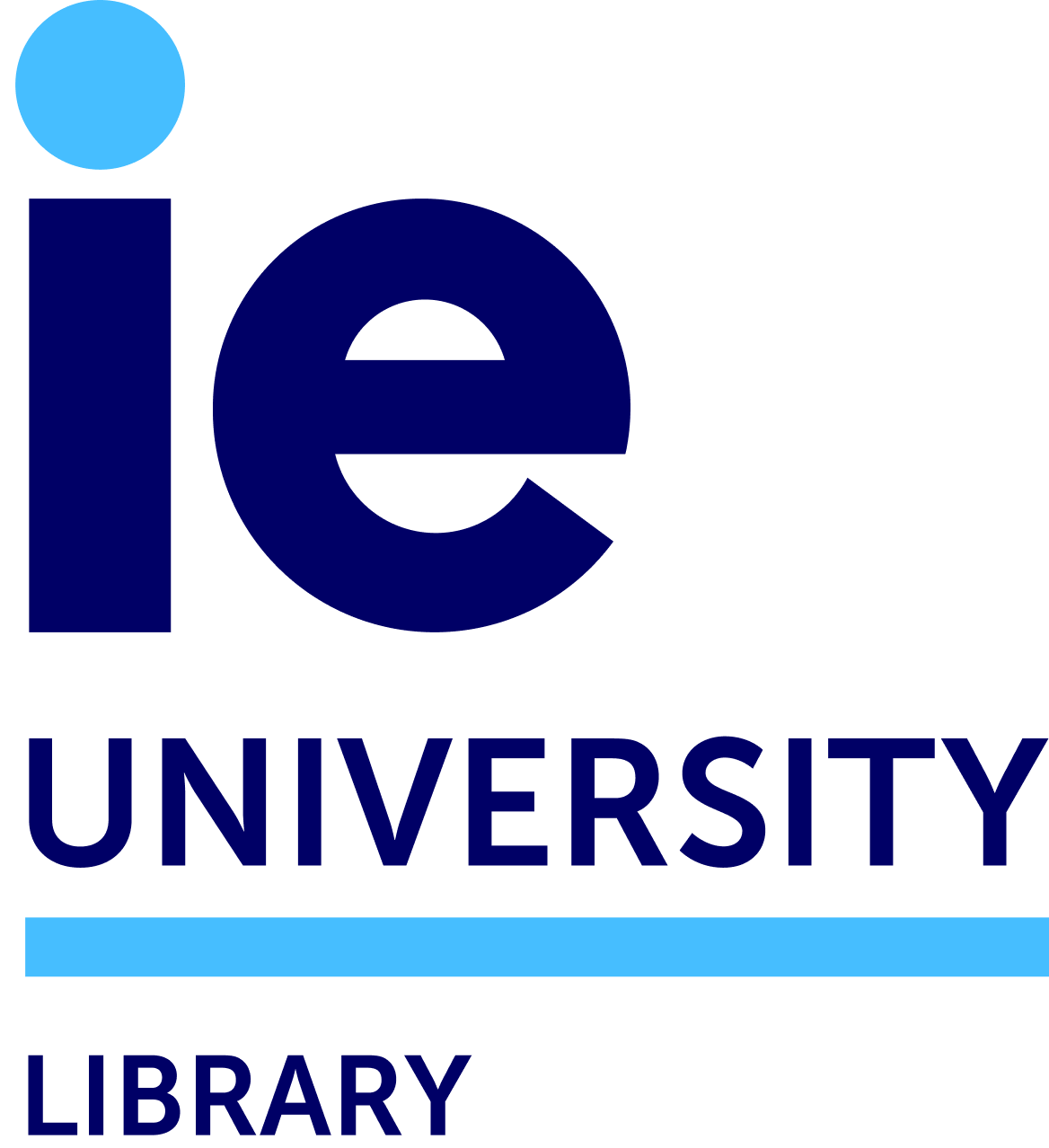
Highlights from our Scopus and Final Project Sessions
This week, the IE University Library hosted two sessions designed to empower students and researchers with essential academic research skills: Exploring SCOPUS: Tools and Techniques for Effective Research and Library Tools for Your Final Project: TFG/TFM Essentials.
When it comes to academic research, many people start, and sometimes stop, with Google or Google Scholar. Although it provides a useful starting point, its scope remains limited. The coverage is partial, search functionalities are restricted, and the consistency of quality control is uneven. For a rigorous and comprehensive research process, it is essential to move beyond this resource and consult specialised academic databases. The IEU Library is strongly committed to supporting the entire IE community in developing their research skills, ensuring that every search is rigorous, well-informed, and based on trustworthy academic sources.
In the Scopus session, participants explored one of the most powerful databases for academic research. It covered what Scopus is and how it works, from its wide coverage of disciplines and peer-reviewed content to its advanced search functionalities and analytical tools.
Attendees learned to perform efficient searches using keywords, Boolean operators, and filters by author, institution, or publication date. We also explored how to interpret citation metrics, analyse author impact, and export results and references. Finally, the session introduced useful features, including saving searches, creating alerts, and tracking authors and institutions.
📘 Access the session recording
The TFG/TFM session guided students through the first steps of developing a solid research foundation. Starting with the IEU Library Catalog, we explored how to find and filter resources by subject, year, or open-access availability and how to create personalised reading lists.
We also discussed citation practices and the use of bibliographic managers available under the How to cite section of our Library website. The session ended with a demonstration of the filter tool in our Databases & E-resources section, showing how to locate qualitative and quantitative research materials, explore specific disciplines, and access platforms such as Statista to support data analysis.
Both sessions offered practical guidance to make your research process more efficient, reliable, and impactful. Whether you are writing your final project or conducting advanced academic research, the Library’s tools and expertise are here to help you every step of the way.

